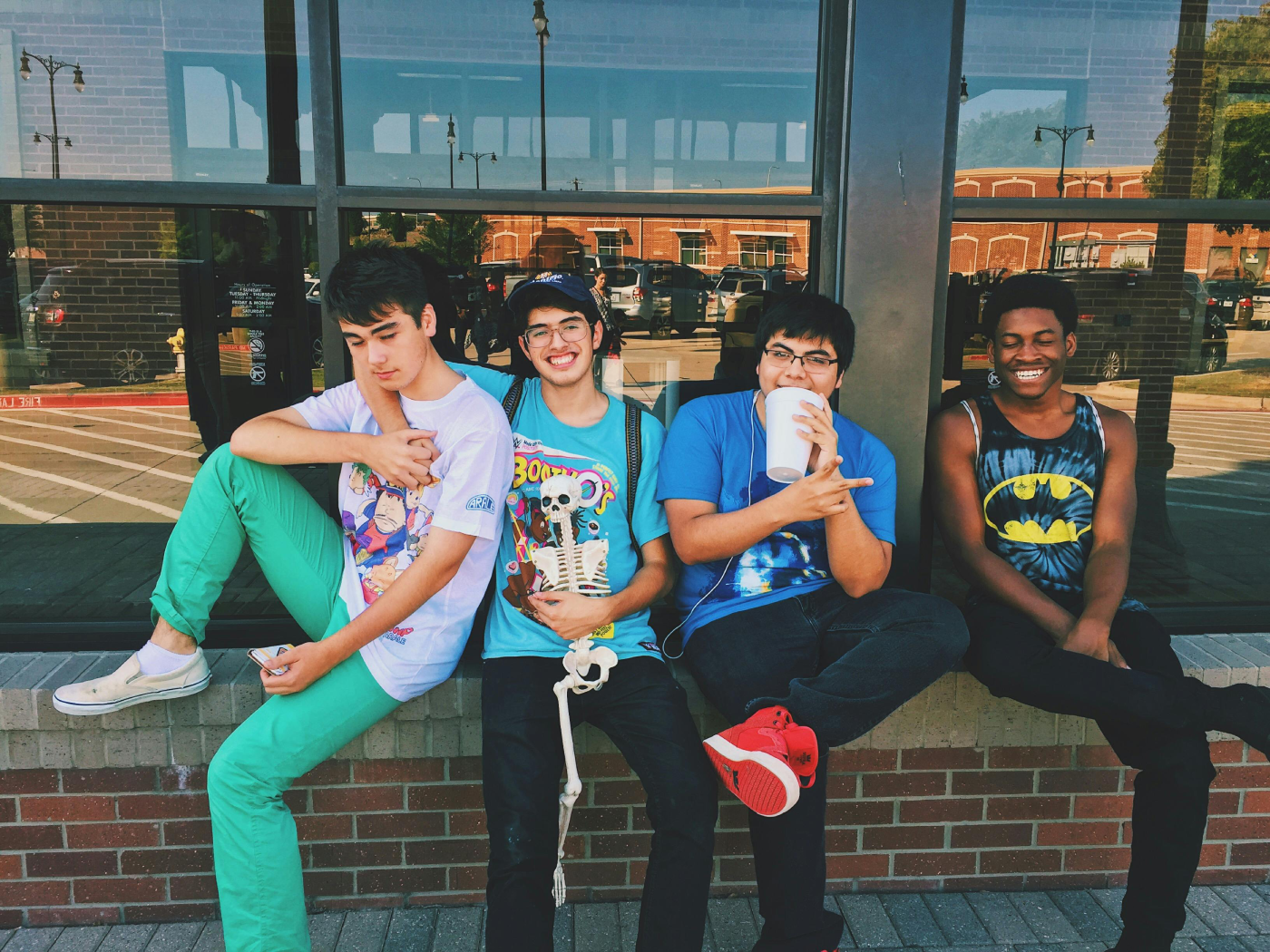Shoreline Recovery Center reminds public to help loved ones, friends with substance abuse symptoms through early intervention.
As we observe Men’s Health Month and approach International Day Against Drug Abuse, Shoreline Recovery Center is shining the spotlight on how crucial early intervention is, specifically for men.
American men are statistically two to three times more likely to die from drug overdoses compared to women, according to national data.
“Numbers like these reveal the importance of targeted outreach and customized support,” said Shoreline’s Clinical Director Mike Gallagher, LPCC. “Our facility provides evidence-based practices designed to address the unique challenges men face in their journey to recovery.”
Some 45 percent of addicts have a co-occurring mental health disorder, according to the National Survey on Drug Use and Health (NSDUH), where the individual struggles with substance abuse and behavioral health or other mental disorders at the same time.
Self-medicating or using substances as a “coping mechanism” is dangerous and can lead to addiction. It has become one of the most frequently seen problems for people struggling with dual-diagnosis symptoms and can make the root causes of a mental condition even worse.
While physical symptoms of addiction include weight loss or gain, changes in body odor, red or drowsy eyes and various withdrawal symptoms, the social signs include excessive lying, financial distress, legal issues and isolation.
When addiction and mental health issues coexist, it creates a complex cycle of dependency and often worsens symptoms. Clinically referred to as co-occurring disorders, an individual may turn to alcohol or drugs to cope and inadvertently develop an addiction.
Shoreline Recovery Center’s psychiatrist and clinicians work in collaboration to develop individualized treatment plans that address the whole person and provide the appropriate programming for any circumstance a person may be experiencing.
“Through therapies like Cognitive Behavioral Therapy (CBT), Dialectical Behavioral Therapy (DBT) and Integrated Group Therapy, our San Diego Intervention Program provides the tools to break the cycle of addiction and mental health struggles,” Gallagher said. “It helps individuals recognize the need for expert support to address their addiction and mental health challenges.”
Shoreline Recovery Center staff specializes in guiding individuals and their loved ones through effective intervention strategies.
“Our team is fully equipped to address the unique needs of each person, offering support, education, and tools to start the journey toward recovery,” said Shoreline Substance Abuse Counselor Chris Stewart, CADC I.
Without intervention, individuals face a myriad of negative outcomes, including declining mental health, physical deterioration, risk of overdose, and missed opportunities for recovery, among many others.
Early intervention can prevent these results when individuals are encouraged to seek help before their addiction causes irreparable harm. Shoreline Recovery Center provides a wide range of intervention solutions for individuals in specific circumstances, each one tailored to the specific substance or situation to ensure the right level of care is given.







